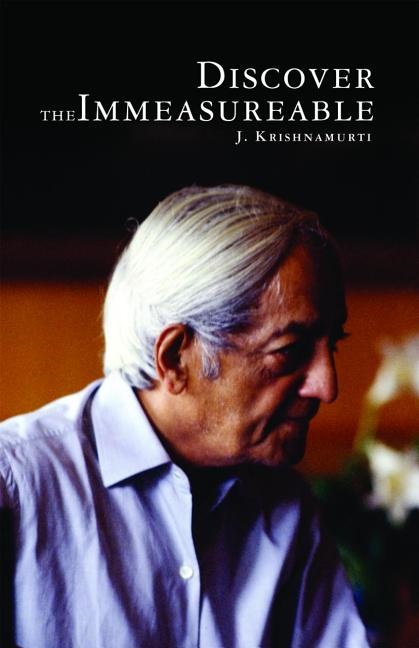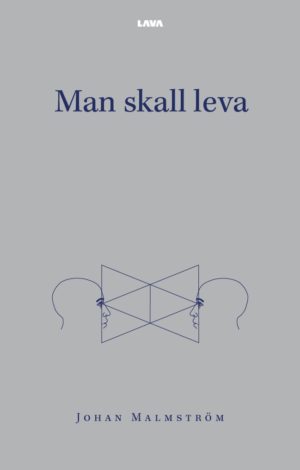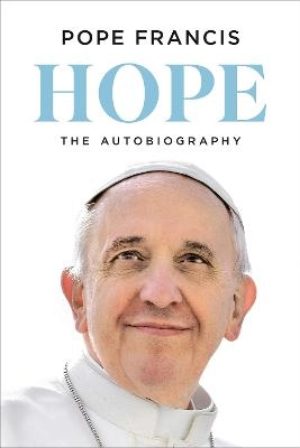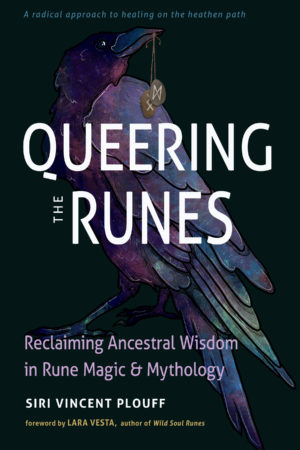Discover the Immeasureable contains a series of six lectures given by J. Krishnamurti in the fall of 1956. It includes the original questions from his listeners, together with his insightful and practical answers. These lectures, as all of the great philosopher's work, are based on the need for radical change in understanding our own minds.
The title of this series stems from a primary question: "Can you and I discover something that is immeasurable?" With the term "immeasurable," Krishnamurti is urging us to explore "what is beyond the beliefs and theories, beyond the sentimental hopes and intellectual assertions [and] mere projections of the mind" that determine our lives. Instead of being seduced by such illusions, he calls us to passionate action in experiencing life directly, since "only direct experience has validity." To directly experience what is immeasurable will have an extraordinary significance in our lives, even to the point of realizing what is God, or what is truth.
A steep price–in terms of fierce dedication to work on self–is paid for such direct experience, however. As Krishnamurti says: "To understand the immeasurable, which is to enter into a different world altogether, we must understand this world–the world of ambition, greed, envy, hatred, the world of separation, fear and lust." This willingness to face what is, in ourselves and in the world at large, is a rare commodity in a culture that wants pleasant and immediate resolution to hard issues.
The practice of knowing oneself is not an esoteric one, the author asserts. In fact, quite the opposite. What we discover, with focused attention, is that truth is revealed in every relationship and at every moment–"when you are entering the bus, getting a taxi or talking to someone." He advocates the practice of meditation not as some otherworldly transport, but as the method for initiating self-knowledge. Through meditation the mind becomes stilled, without demands. In this state, he speculates, "that which is not measurable comes into being."
Krishnamurti addresses important questions in these lectures including: Is it possible to experience something entirely new, beyond the fabrications of the mind? Can there be an action that is not self-centered? Why do we have ideals? These assertions, questions and issues are as relevant today as they were almost sixty years ago.







